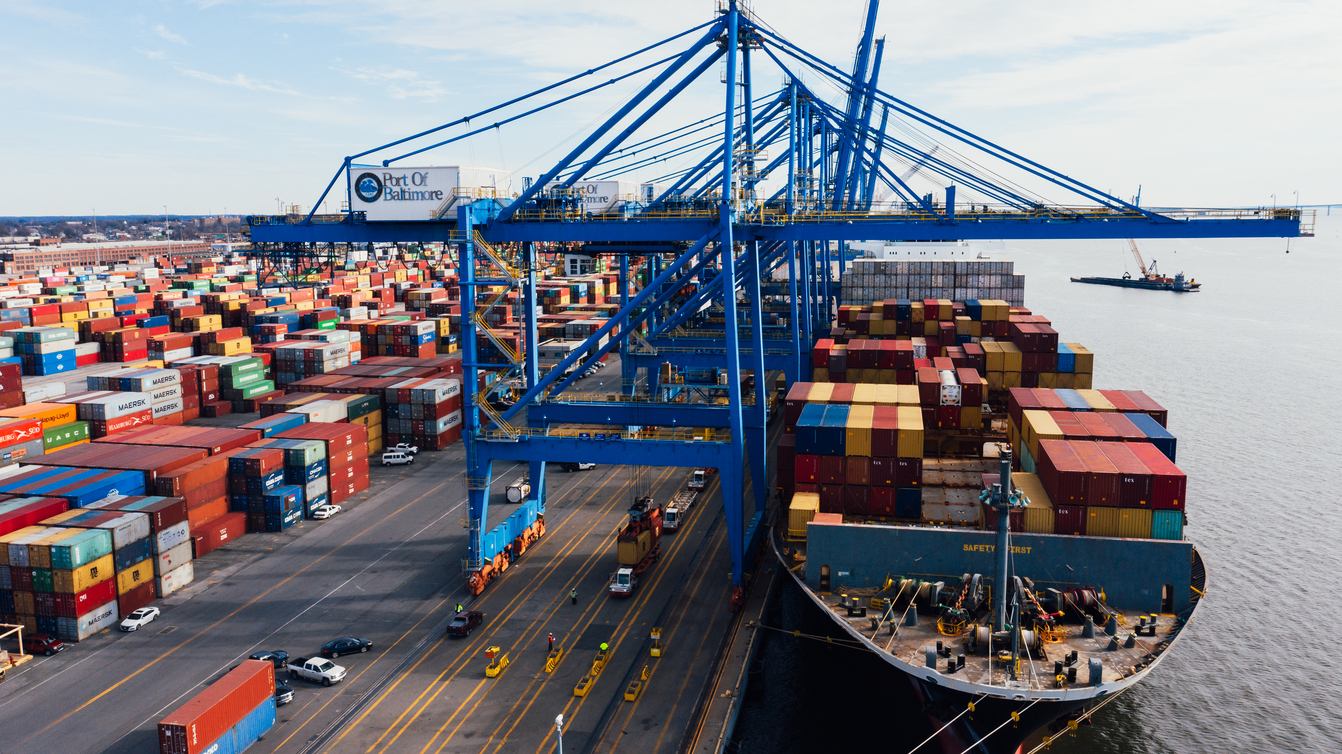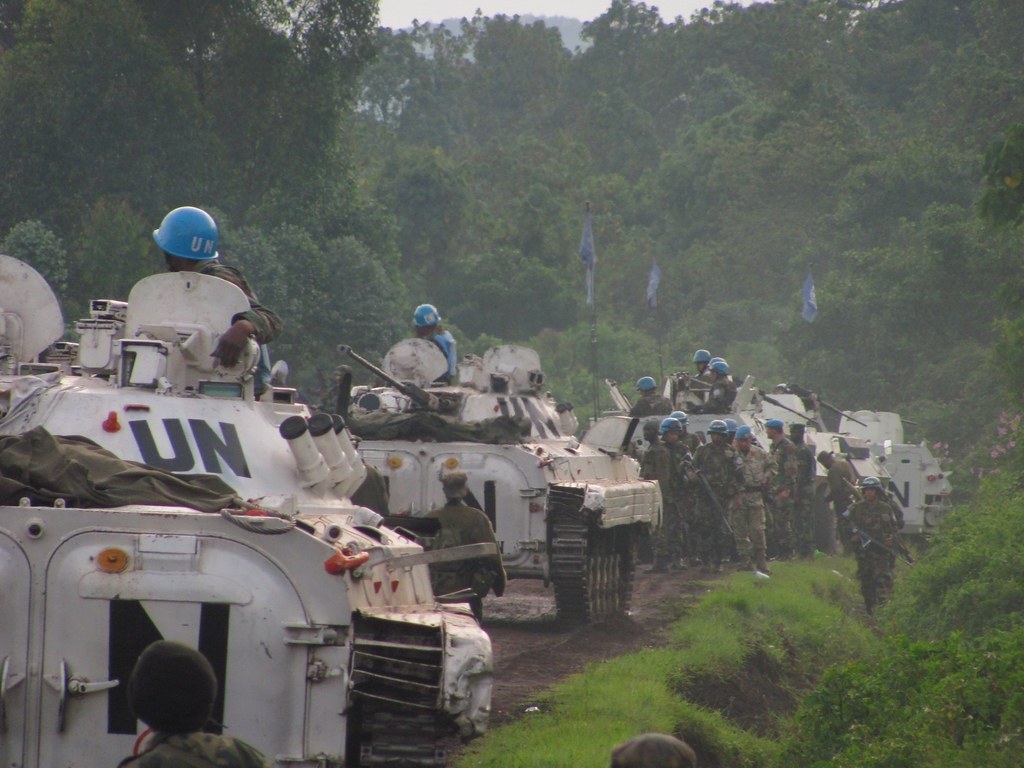Hidden Power in Global Supply Chains
Hidden Power in Global Supply Chains
By Trang (Mae) Nguyen
Most consumers are familiar with brand names like Apple, Nike, and H&M, but few have heard of the actual offshore multinational enterprises that make their products: Foxconn, Yue Yuen, TAL Apparel, and many others. This Article argues that these companies—whom I call “Big Suppliers”—represent a new crop of hidden corporate powers that have transformed the legal organization of global trade and production. In today’s “made in the world” era, transnational suppliers, not brands, are the true quarterbacks of global supply chains. As manufacturing experts, they coordinate and oversee supplier networks spanning Asia, Latin America, and beyond. Acting at once as employers, landlords, and quasiregulators, they manage the employment, housing, mobility, and social lives of millions of workers whose labor sustains global trade. Yet, legal scholarship has only begun to notice the presence of these new global capitalists.
This Article is the first to systematically unearth the hidden impact of Big Suppliers on a suite of public and private law issues, including cross-border contracts, corporate social responsibility designs, trade regulations, private regulatory functions, and beyond. It makes three principal contributions: First, it identifies a critical yet largely overlooked power shift in the economic forms of globalization, that is, the reconsolidation of global production at the level of first-tier suppliers. Second, in revealing how transnational suppliers operate in a highly enmeshed market, it complicates the influential paradigm of “buyerdriven” globalization, which has long assumed that Global North brands are the key power holders in global trade. As this Article demonstrates, the narrative of buyer hegemony rests on an incomplete assumption that buyers can effectively exert pressure on their suppliers that has long undergirded important laws and policies such as corporate social responsibility designs. Third, this Article conceptualizes “norm assembly” as a process by which transnational suppliers, by virtue of their size and scale, act as critical sites of norm contestation, diffusion, and resistance. Norm assembly may be driven by agency, but could also happen simply as a by-product of a firm’s organizational logic and economic arrangement. Ultimately, in revealing the engine under the hood of global supply chains, this Article identifies a group of new critical actors and opens up potential venues for inquiries and interventions at a moment of imminent shifts in the architecture of globalization.
[hr gap=”1″]



